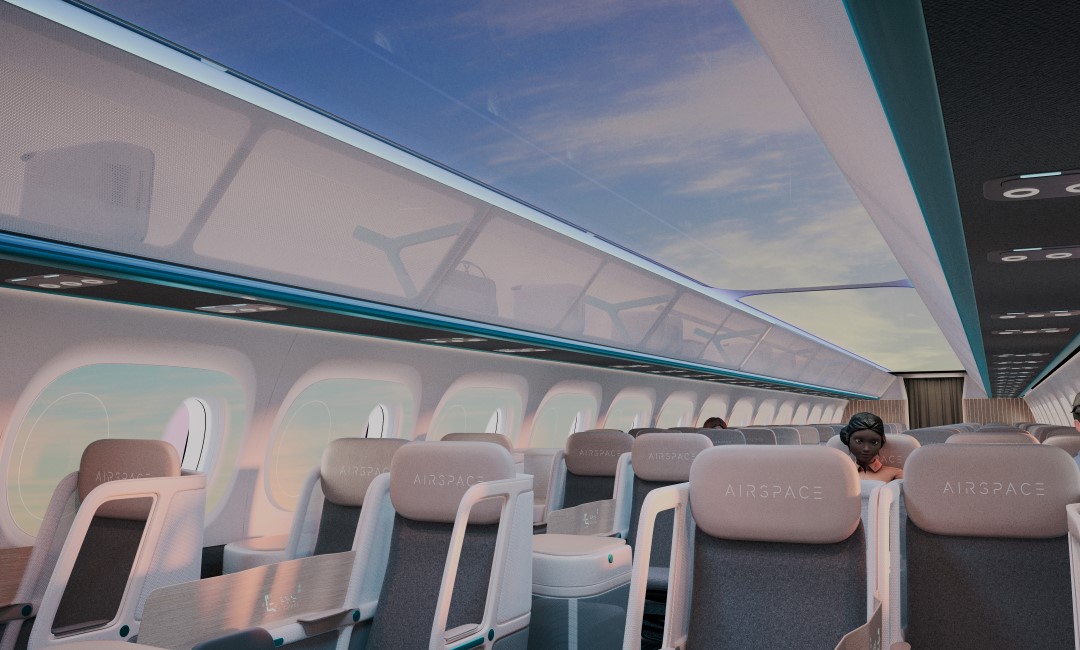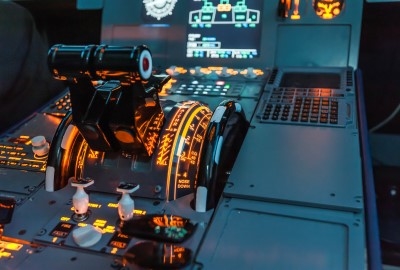Airbus utilizes biomimicry for its ultralight cabin concepts
Airbus’ future aircraft cabin interiors (from 2035) will feature smart systems and biomimicry, while not compromising on passenger comfort, to further support aviation sustainability. In its recently launched plans, the aircraft manufacturer plans to use the new technology of ‘biomimicry’ to design lightweight internal structures, and harness traceability to recycle and re-use materials including polymers.

In its Cabin Vision 2035+, Airbus introduces new concepts such as pre-ordered catering, which can either collected by passengers before boarding or, for long flights, stored on board. According to a report on FlightGlobal, the idea is to offer greater choice to travellers, and reduce food waste, while enabling galley structures and trolleys to be removed from aircraft.
In general, cabins contribute some 10-20% of aircraft environmental impact. Airbus’ Head of Cabin Marketing Ingo Wuggetzer claims that aviation needs sustainable cabin design, while passengers also want comfort. To combine these two needs, Airbus plans to use lightweight interior structures, capitalising on bionic design and biomimicry – a practice that learns from and mimics the strategies found in nature to solve human design challenges. This technology could achieve a 40% weight saving on current equivalents and contribute significantly to decarbonisation.
Another important focus point is circularity in material use. Airbus claims that it has managed to produce a new sidewall panel concept that uses the waste from A350 carbon production. The panel is 18kg lighter.


